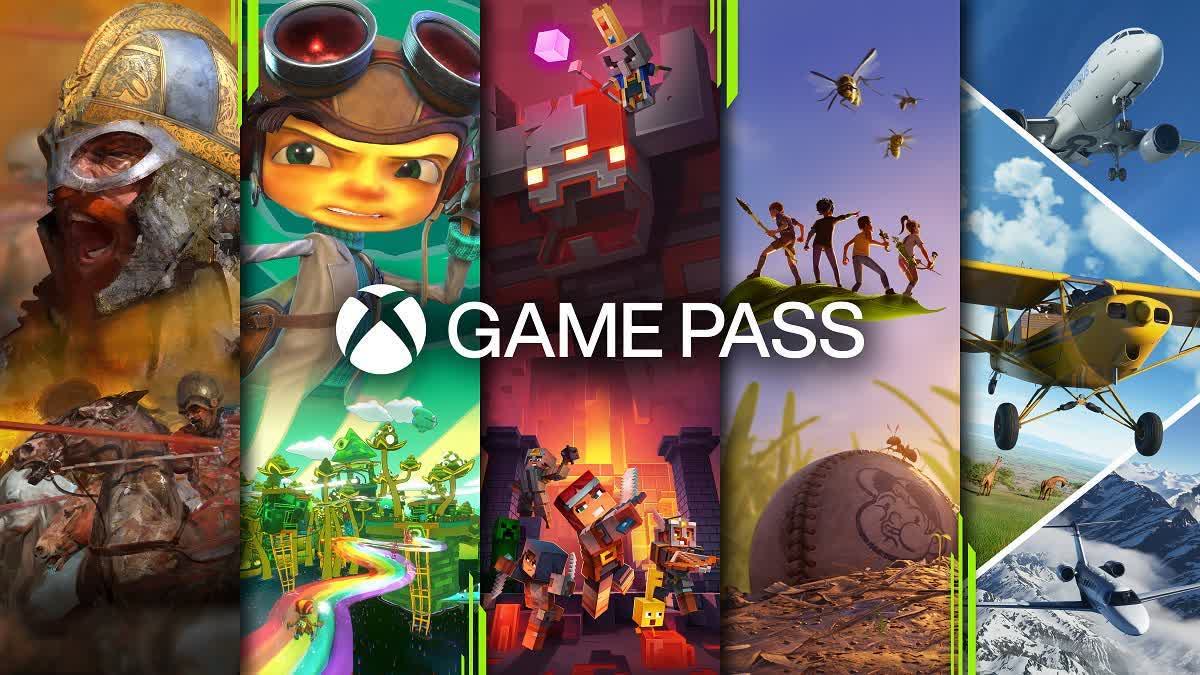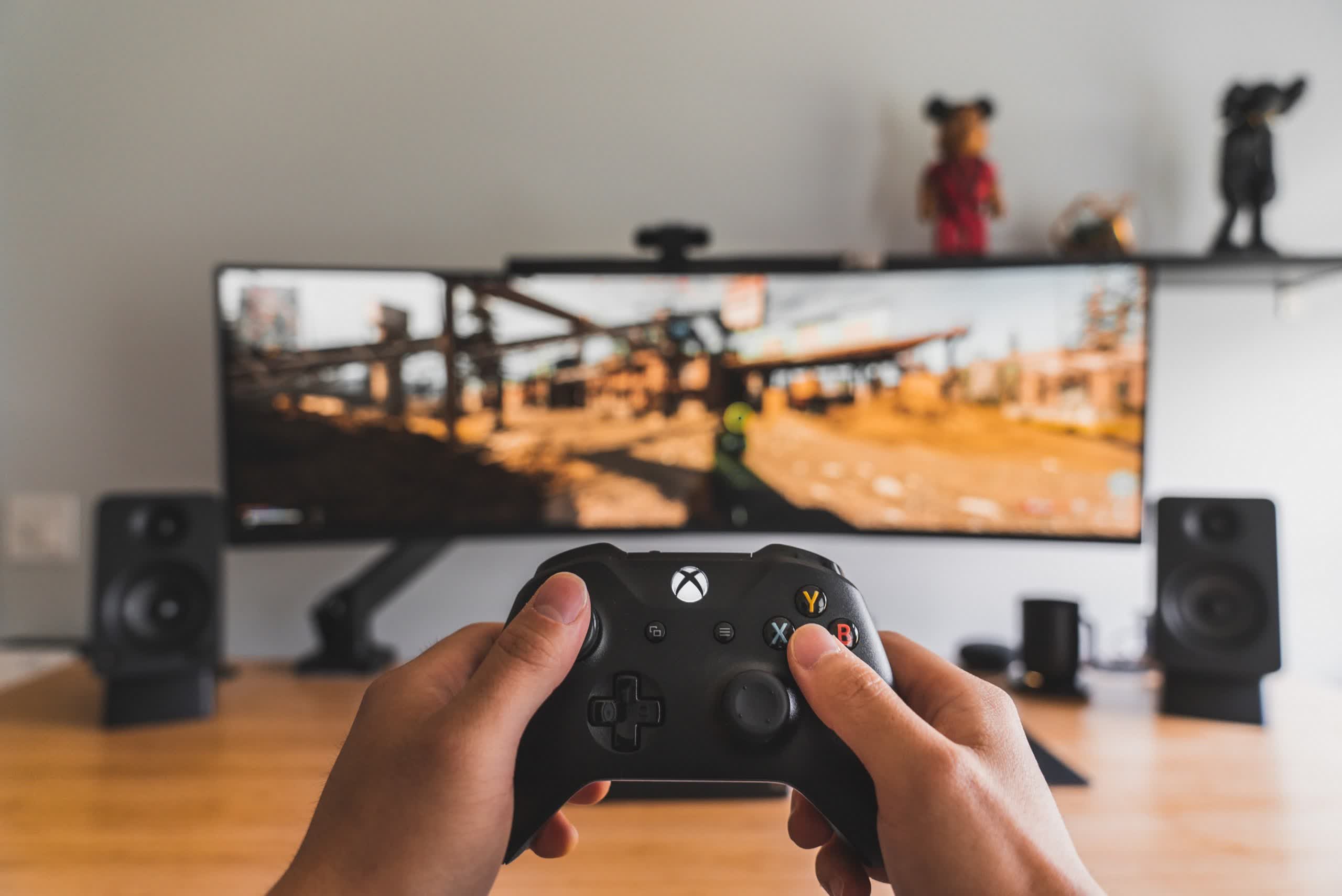In context: Recent comments from Microsoft made it seem to many that it planned to eventually bring Game Pass to numerous devices, including rival consoles from PlayStation and Nintendo. Microsoft later clarified the remarks in a lengthy interview with Windows Central while discussing the company's plans for the service.
Xbox head Phil Spencer has denied having any plans to make Xbox Game Pass available on PlayStation or Nintendo consoles. The subscription service has become the crux of Microsoft's gaming business, and its accessibility across Xbox, PC, and the cloud has pushed the company's hardware-agnostic strategy. Despite the policy, Spencer's comments confirm Microsoft wants Game Pass to remain a primary draw for Xbox.
The clarification follows an earlier quote from Xbox CFO Tim Stuart that brought about some confusion on the issue. During a Wells Fargo TMT Summit conference call, Stuart said Microsoft planned to bring its subscriptions and first-party content to every screen that could play games, including PlayStation and Nintendo.
Many likely assumed Stuart was referring to Game Pass – the company's primary gaming subscription service. Putting Game Pass and Microsoft's first-party stable on all consoles could diminish the perceived value of Xbox. However, Stuart didn't mention the service by name when explaining the company's desire to reach more screens.

While Stuart cited Game Pass at other points during the call, he also highlighted other subscriptions like World of Warcraft, which Microsoft acquired through its purchase of Activision Blizzard. Furthermore, the CFO alluded to Call of Duty, which the company pledged to continue releasing on non-Microsoft consoles amid Sony's repeated protests against the acquisition.
The Minecraft franchise established a precedent for the situation, as the company bought it after Mojang had released PlayStation and Nintendo versions, which Microsoft still supports. Established Activision Blizzard franchises like Warcraft, Diablo, or Overwatch might receive similar treatment. These games have subscription elements like battle pass monetization.
Whatever happens, Game Pass will remain a key selling point for Xbox consoles for the foreseeable future. Spencer told Windows Central that Microsoft spends over a billion dollars a year securing third-party games for the service. Despite the hefty sum, the Xbox boss suggested that Game Pass has become profitable.
Spencer also mentioned how emerging handheld PCs like the Asus ROG Ally and Lenovo Legion Go can expand the subscription service's reach. The interview highlighted a recent update for the Windows Xbox app that added a compact, more comfortable mode for smaller screens. Hopefully, Microsoft plans to do more to improve the portable Windows experience.
